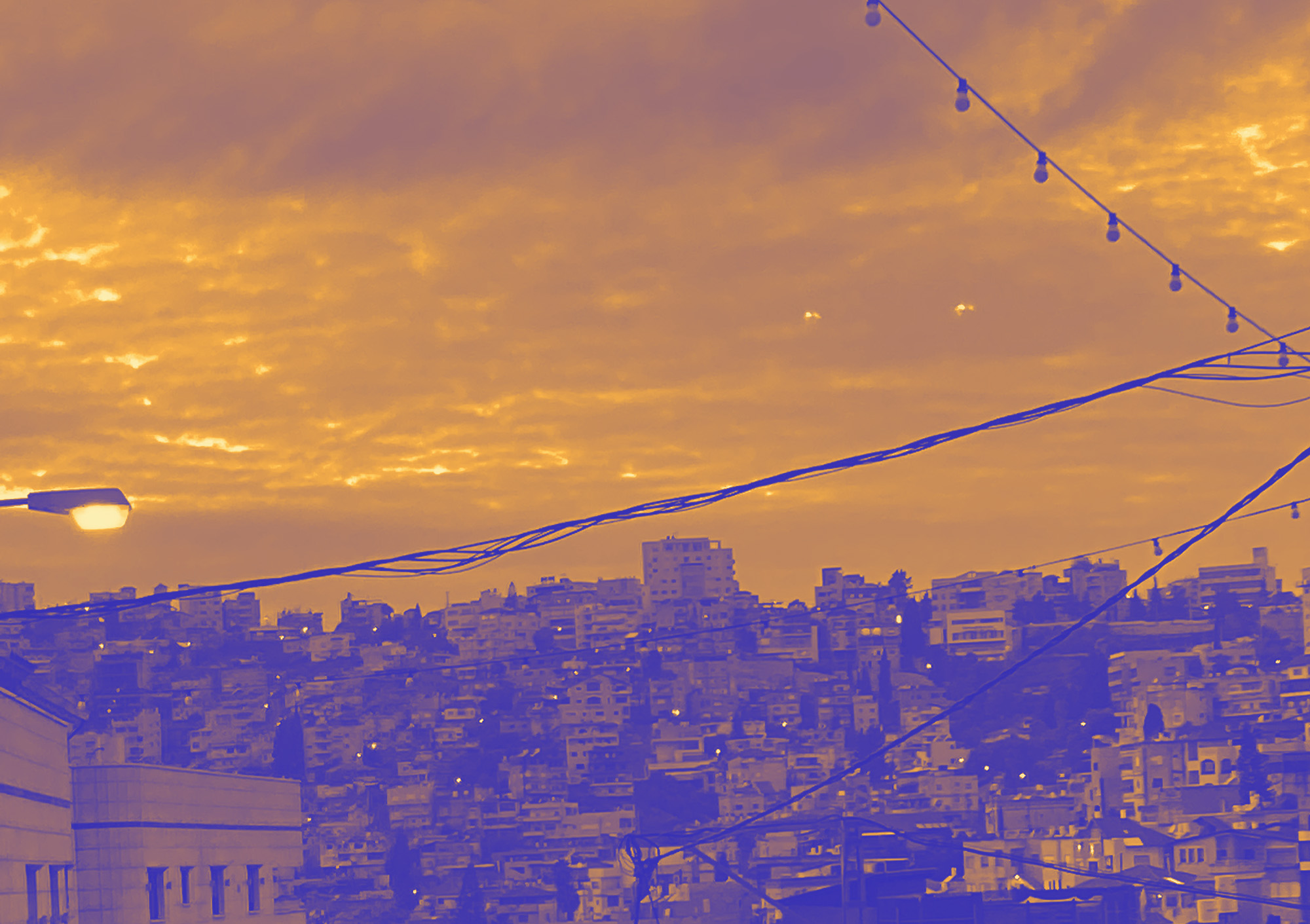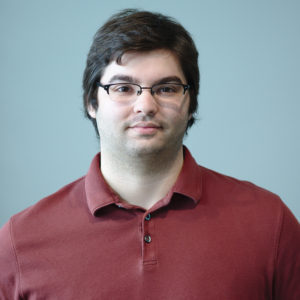Part of the ongoing “Diaspora English” series, Daniel Crasnow reports on a year spent teaching in Israel during the coronavirus pandemic. You can read other Diaspora English articles here.
Nazareth’s old city reminds me of a combination of Jerusalem’s Christian Quarter (from the religious paraphernalia, to the holy sights, to the color and sounds of the stone walkways, and the cover above the abandoned marketplace), North Carolina (with the hilly mountains) and Lisbon, Portugal (with the bustle of activity at all heights, even during lockdown). My first day there began with a misplaced front door key that prevented us from entering the apartment, so we ended up at our MASA administrator’s house, where her parents fed us homemade desserts under a lemon tree in full bloom. We’d take two massive bags of lemons home with us when the locksmith arrived and opened the door. They’d last us two weeks.
In the interim, our apartment got a tour of Nazareth from a friend of a friend, Rabea, a local, who worked as a tour guide before the lockdown threw him out of work.
The first major stop was the Basilica of the Annunciation.
When I was thirteen, I visited Israel for the first time as part of a B’nei Mitzvah family trip. That was the first time I visited the Western Wall. Even then I was a history nerd from a semi-religious background, and I remember shivering as I stood at the wall. I thought about everything these stones had seen: kings and conquerors, bullets and swords, prayers and tears. Standing at the Western Wall, I felt, more acutely than I ever had, the power of being a part of a tradition and a movement that was far larger than myself.
The Basilica of the Annunciation made me feel the same way.
I’m not Christian, and I never will be. But standing outside that Basilica, I felt as if I was seeing a macrocosm of the power of religion in what stood inside that building— Mary’s cave— where, according to Catholic tradition, “Mary was visited by Archangel Gabriel and told her she is destined to carry Jesus in her womb.”
Like so many who had visited this place, I felt the strength of the timelines that this site had grown, over millennia, to represent. We saw the statue of the Virgin Mary, her hands blackened from those who had held the marble as they prayed. We saw the paintings of the holy family from around the world. They decorated the courtyard of the Basilica— hundreds of pictures of Jesus and Mary, each in their own national style.
From there we passed the shuttered old market, which is apparently one of the biggest attractions in the area. In normal times, coffee shops would be in full bloom, with customers from produce and trinket stores zigzagging between tables. Now, though, everything was abandoned— nearly lifeless. Every business that was once here was shuttered. Only litter decorated the streets— Styrofoam cups and plastic bags— around which cats hunted or played.
The Synagogue Church, where Jesus preached, was our next stop on the tour. I watched my housemates take photos through the closed gate, as Rabea stepped back. I turned to ask him about the church, and caught him at the end of a bow. I wondered what part of his tour-guide history taught him to step to the back of the group he’s guiding, as he bowed to a religious sight. Was it just a part of getting out of the way— a matter of priorities in which his holy experience need not interrupt our photograph opportunity? Or was there something deeper there— a mutual shame on both our ends. For me, shame in the fact that I disrespect this ancient, holy sight by taking pictures (I didn’t even consider the sight holy until I caught him bowing). For him, shame in the fact that he does not: shame in the fact that he refuses to turn this holy space into a tourist destination. I asked him if he was Christian. He said he was.
We finished our tour at the Greek Orthodox Church of the Annunciation. There, we looked around the front yard and the building surrounding, but we couldn’t enter. Down the road, in view of the church, four people in personal protective equipment removed a body from an ambulance. We didn’t have to read Arabic, or hear the conversation, or see the ceremony to suspect what happened to the victim; we concluded that the Greek Orthodox priests were giving the burial rights.
After the tour ended, we went back to Rabea’s apartment, where his sister joined us for a game of cards. We played BS, a card game where you are allowed to lie as long as you don’t get called for it. She spoke minimal English, so Rabea explained the instructions in Arabic, though I don’t think she needed them. I suspect the game exists in the Middle East as well.
She went on to win. Easily.
Over the next few weeks, I learned that she is married to a Jewish man, to the chagrin of both their families. Rabea didn’t care, of course, though I couldn’t tell if his parents were okay with us foreign Jews invading their home. Inside the apartment was a map of a “Free Palestine”— Jordan River to Mediterranean Sea— all under the Palestinian banner.
It reminded me of some of my mother’s friends in Jerusalem, who we once visited for Shabbat dinner. They were Trump supporters— one and all, down to the thirteen year old boy who talked about the righteousness of the Muslim Ban to deal with the terrorists as his father beamed on in pride. Mom suggested I contact them to visit while I was here, an offer I declined.
I admit, I never explicitly asked Rabea’s family about Israel, and I never plan to. Similarly, I wish I never knew what my mother’s friends in Jerusalem thought about America and Trump. I will never ask if Rabea’s family is okay with the fact that I am Jewish. In fact, I may never even tell them.

